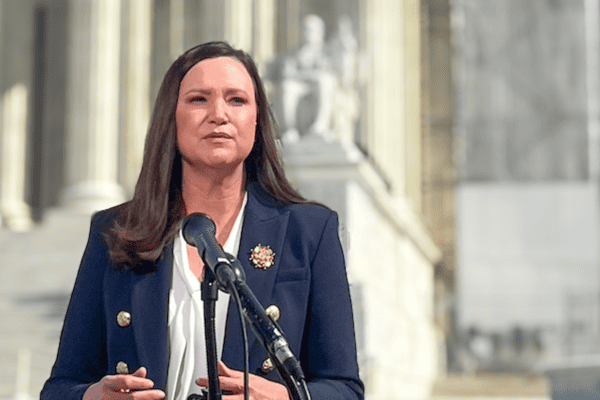Affordable housing bill moves to Senate floor

TALLAHASSEE, Fla. (FLV) – A bill incentivizing affordable housing in Florida is expected to be taken up on the Senate floor during the first week of the 2023 Legislative Session.
The bill, filed by Sen. Alexis Calatayud, R-Miami, passed the Senate Committee on Appropriations Wednesday 17-0.
It is called the “Live Local Act.”
“The biggest housing concern we hear from young people is there is no place for them in communities they grew up in, where their families have lived for generations-That’s a tragedy,” Calatayud said. “Our work on affordable housing is going to help bridge that gap.”
The legislation continues funding for workforce housing, provides incentives for the renovation of older properties, and bans government-mandated rent controls.
“All work is important to Florida’s economic development, and every Florida worker is essential to sustaining Florida’s communities. We respect the dignity of work and what a paycheck means for a family,” Senate President Kathleen Passidomo said. “Live Local expands our Hometown Heroes program, so that all of our constituents who work for a Florida company have the opportunity to purchase a home of their own.”
The bill allocates $259 million for the State Apartment Incentive Loan program also known as SAIL, including $150 million in new and recurring funds.
The proposed legislation seeks to incentivize the construction of new projects in close proximity to existing affordable housing units with the goal of providing residents of older units a new home while at the same time rebuilding and updating older buildings.
The bill would allocate an additional $100 million to the Florida’s Hometown Heroes program and expand who is eligible for the program to all of Florida’s hometown workforce.
The bill increases the amount of available tax credits from $14 million to $25 million in an effort to encourage businesses to donate to low income housing and community development programs.
Another provision allows businesses to contribute up to $100 million annually towards the Florida Housing Finance Corporation instead of paying parts of their corporate and insurance taxes.
The legislation would provide a refund of up to $5,000 per affordable housing unit for sales tax spent on building materials for the units’ construction.
Additionally, in order to address material price increases and inflation, the bill appropriates $100 million in new gap financing to projects that may be bogged down in unexpectedly high construction costs.
The bill creates a new “Missing Middle” tax exemption for developments that set aside a minimum of 70 housing units and are at least 10% below market rate.
The legislation also gives counties and municipalities more flexibility to offer other tax exemptions for companies building affordable housing units.
The bill seeks to promote the construction of affordable multifamily housing in commercial an mixed-use areas by cutting regulations around their construction.
A major component of this bill would eliminate local government’s ability to impose rent control under all circumstances, including ballot measures such as in Orange County.
The proposed legislation would require local governments to maintain a public policy that outlines how to expedite permitting and development of affordable housing projects.



